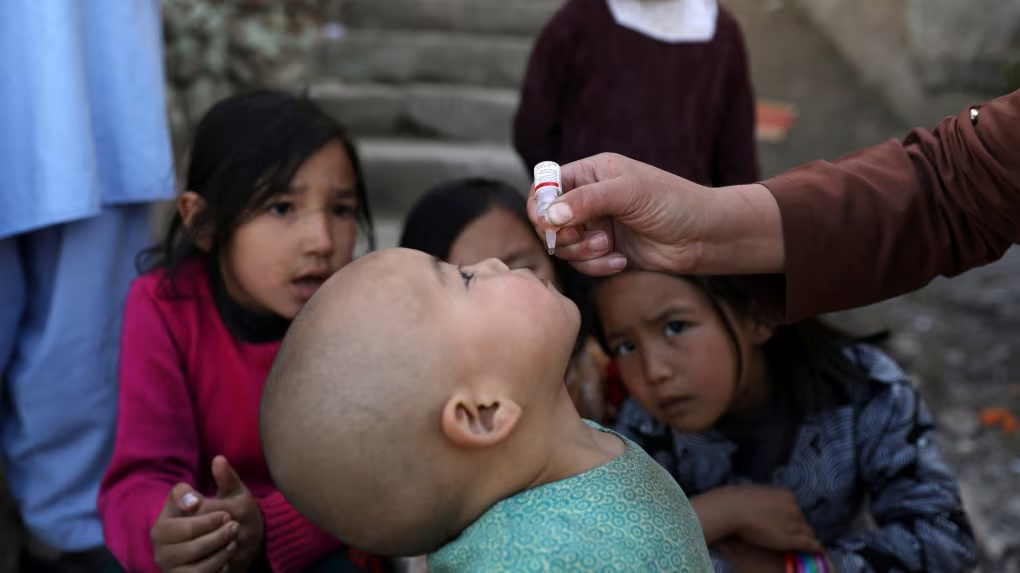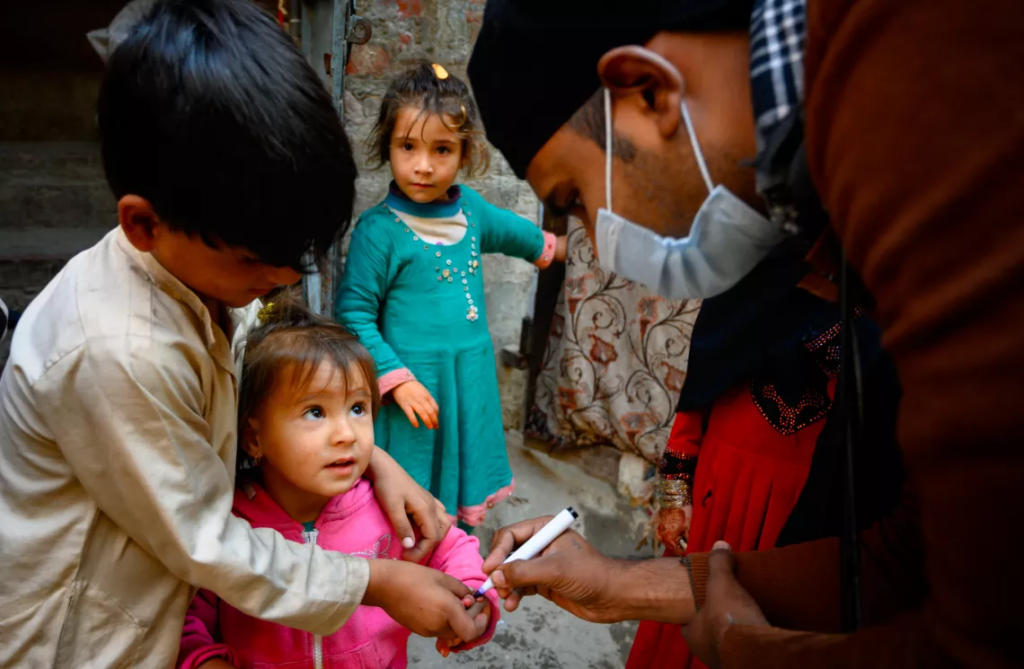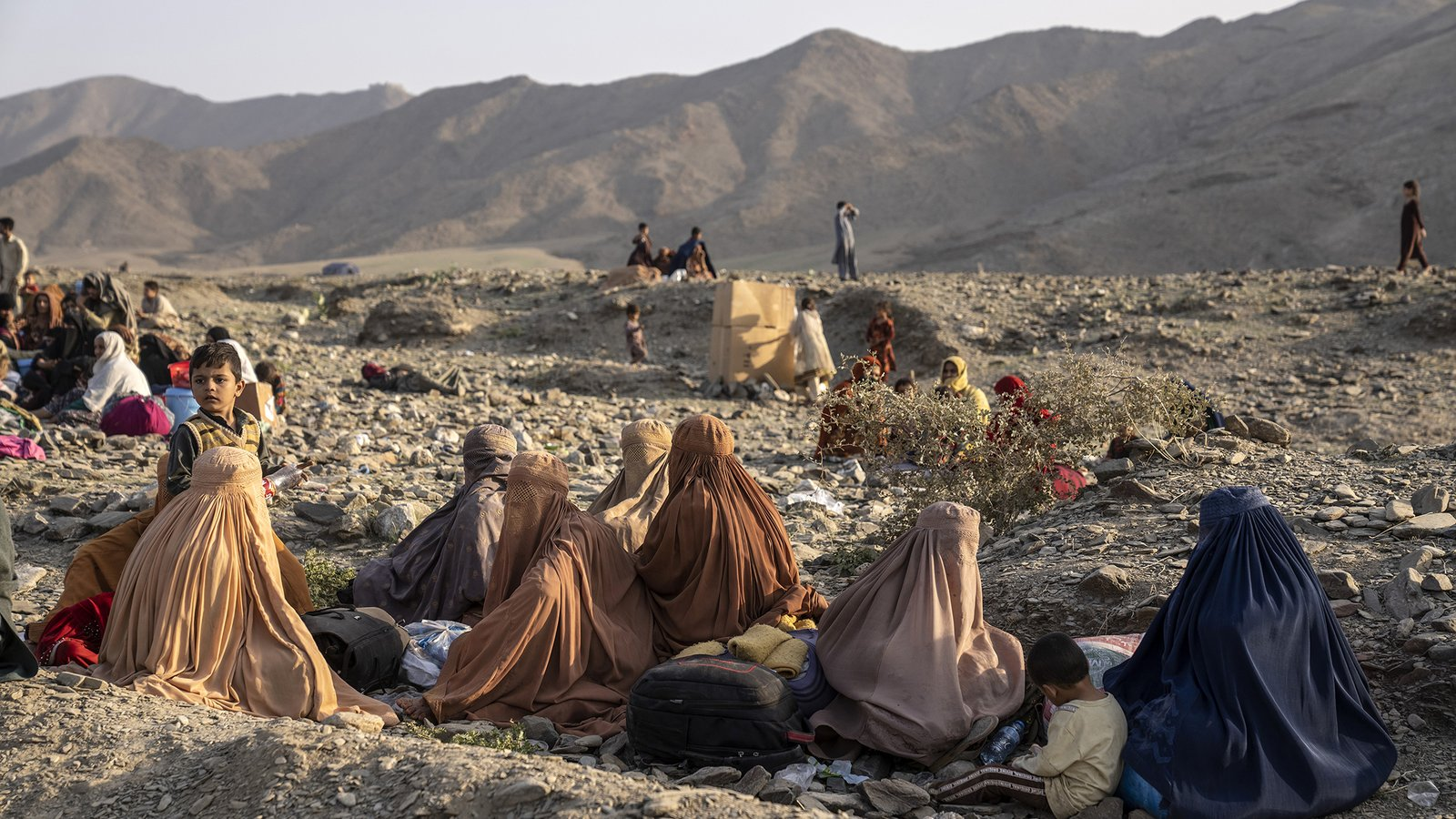The global effort to eradicate polio has encountered a major obstacle as the disease re-emerges in Pakistan and Afghanistan. Once on the verge of eradication, the sudden resurgence of cases has highlighted the complexities of combating infectious diseases in conflict zones and regions with poor healthcare infrastructure.
In 2024, cases have surged alarmingly to 73, up from only six in 2023. This troubling development has raised serious concerns among health experts and policymakers, underscoring the urgent need for intensified vaccination campaigns and international cooperation.
The History and Current Challenges of Polio Eradication
Poliomyelitis, commonly known as polio, has been one of the deadliest infectious diseases in human history. Before the development of the polio vaccine in 1955, the virus paralyzed and killed up to half a million people annually.
Global vaccination efforts led to a significant decline in polio cases, and by the year 2000, the disease was nearly eradicated, save for a few regions. However, this progress is now at risk of being undone.
In Pakistan, the number of cases surged from six in 2023 to a staggering 73 in 2024. Health experts have pointed to Afghanistan as a major source of the virus’s resurgence.
According to Zulfiqar Bhutta, a prominent child immunization specialist, the genetic strains of wild poliovirus found in Pakistan originate from Afghanistan. The porous border between the two countries, combined with limited access to healthcare in conflict-ridden areas, has allowed the virus to spread rapidly.
Read : Taliban Orders All NGOs in Afghanistan to Stop Employing Women or Face Closure
The situation in Afghanistan is particularly dire. The country has seen a rise in various infectious diseases, including pneumonia, dengue fever, and measles, over the past six months.
Read : Unveiling the World’s Top Seven Least Wine-Consuming Countries
Poor sanitary conditions, inadequate healthcare infrastructure, and the ongoing conflict have exacerbated the problem, making it difficult to control the spread of polio.
Obstacles to Polio Eradication in Conflict Zones
The challenges of eradicating polio in Pakistan and Afghanistan are numerous and multifaceted. In Afghanistan, the Taliban’s restrictions on female health workers have hindered vaccination efforts.
Women play a critical role in healthcare delivery, especially in conservative regions where they are often the only ones allowed to interact with female patients. Without their involvement, immunization campaigns have faced significant setbacks.

The regional insecurity has also created logistical hurdles. Polio vaccination teams often operate in dangerous conditions, facing threats from militant groups and other security challenges. This has made it difficult to reach remote areas, leaving many children unvaccinated.
In Pakistan, immunization rates vary significantly between provinces, with Punjab achieving 85% coverage while Balochistan lags far behind at 30%. Health experts like Bhutta stress that it cannot be eradicated until immunization rates reach at least 85-90% across all provinces.
Another critical issue is the lack of reliable data on poliovirus cases in Afghanistan. Without accurate statistics, it is challenging to develop effective strategies to combat the disease. The absence of proper monitoring and reporting systems further complicates efforts to contain the virus.
A Comprehensive Approach to Eradication
Despite the grim statistics, there is still hope for eradicating in the region. Pakistan has invested heavily in its polio immunization programs, spending approximately $10 billion since 2011. However, these efforts need to be complemented by a comprehensive review of immunization strategies to ensure sustained success.

Strengthening routine immunization programs for all infectious diseases is crucial. By addressing broader health needs, healthcare systems in Pakistan and Afghanistan can become more resilient and better equipped to tackle challenges like polio. Bhutta emphasizes the importance of international and local collaboration in achieving this goal.
Working with the Taliban government in Afghanistan is another critical aspect of the solution. Bhutta, who has previously negotiated with the Taliban to deliver smallpox vaccines during periods of peace, believes that collaboration is possible.
He argues that the Taliban are not inherently opposed to healthcare initiatives and share the same health concerns as the rest of the population. Building trust and fostering dialogue with the Taliban could pave the way for more effective immunization campaigns.
Ultimately, eradicating polio in Pakistan and Afghanistan will require a concerted effort from all stakeholders, including international health organizations, local governments, and community leaders.
The resurgence of polio serves as a stark reminder of the need for sustained vigilance in the fight against infectious diseases. Through collective action and a commitment to public health, the dream of a polio-free world can still become a reality.

